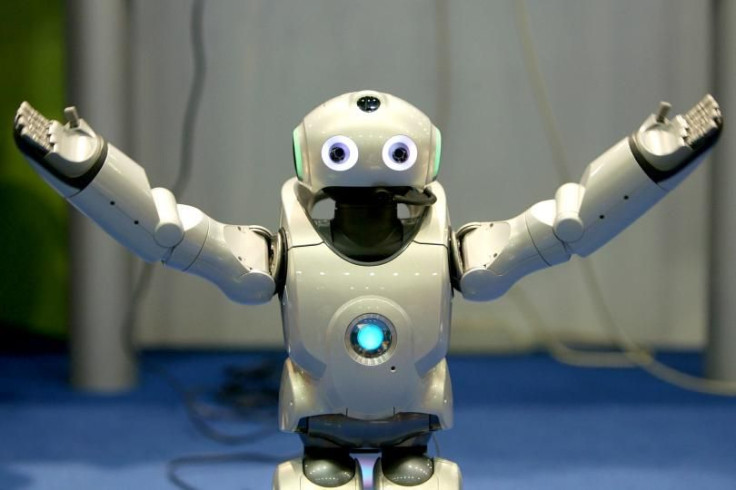Factories Will Start Using Cheaper And Smarter Robots, Report Says

Automation and robots are already a major part of most manufacturers, ranging from car factories to electronics production. But soon, smarter robots could shake up the market for manufacturers significantly. The venture capital firm Loup Ventures predicts a smarter sub-series of robots increasingly could become a more popular option for manufacturers.
Compared to the larger single-purpose robots that are commonly used in fields like automotive assembly, Loup argues smarter robots, which the report calls co-bots, will be used by more factories over time. These types of robots are defined by their ability to use motion and force-detection sensors to analyze their surroundings and work alongside humans.
Read: Elon Musk Thinks We Have 30 Years Until AI Is Better Than Us At Everything
Loup estimates the market for these smarter robots could see fast adoption grow to $9.2 billion by 2025. At the moment, these co-bots generally cost less than traditional robots, which generally run more than $100,000 for companies thanks to their size and software requirements. By comparison, co-bots generally can be purchased for $25,000 to $45,000 by a factory.
However, the report doesn’t expect that these co-bots will replace traditional manufacturing robots completely in the immediate future. In part, this will be because of their slower speed and payload. Loup still expects traditional robots to maintain a larger market share of around $24 billion in the same 2025 window, adding to a total estimated market value of roughly $33 billion. Still, Loup says as co-bots develop, they increasingly can be a crucial part of the manufacturing process for factories.
Elsewhere in the report, Loup predicts that North America and China will be the primary drivers for growth in the co-bot sector, anticipating that shipments in both regions will increase by around 20 percent through 2025. Notably, Loup also contends rising labor costs may play a role in the move. In addition, Loup also predicts that the electronics and automotive sectors will be a large driver in adoption rates for these smarter co-bots.
Read: Are Human Hands Better For Manual Labor Jobs?
The rise of these smarter co-bots echoes larger trends throughout the tech industry about the increasing quality and depth of artificial intelligence. Higher-end AI has been seen at the consumer level with assistants like Alexa, and in the enterprise space, companies ranging from Amazon to Tesla are looking at artificial intelligence and machine learning to improve efficiency and make underlying technology smarter in various applications.
But in many fields, the potential aftershocks of automation remain murky. Workers and technologists have argued that the rise of automation and smarter AI could have catastrophic effects on workers whose skillsets would be made obsolete.
© Copyright IBTimes 2024. All rights reserved.





















